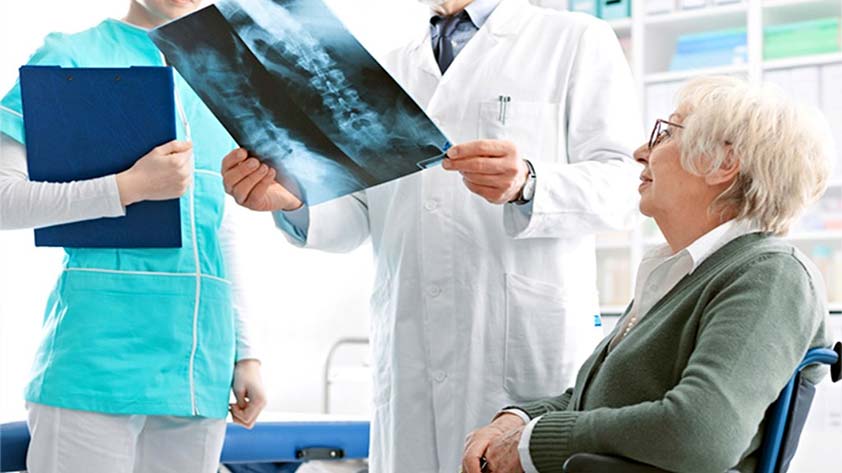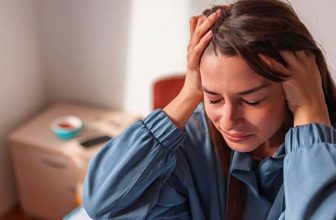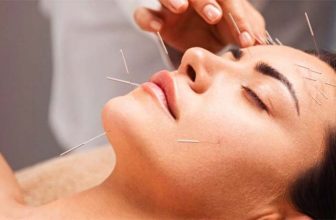
Osteoporosis is the ‘silent thief’ bone disease which severely affects the structure and integrity of the bones. In the UK it affects over 3 million people, with its incidence increasing in older age (women are more at risk than men, especially if menopause begins early). It is characterised by an abnormal loss of bone mass which consequently has an effect on bone density leading to fragility fractures.
More than 500,000 people require hospital treatment annually as a result, which is an important reason why we must do as much as we can to slow down and prevent the development of the condition. There are a number of risk factors that can increase the chance of developing osteoporosis such as age, gender, ethnicity, and fracture history. However, there are modifiable risk factors that you can control too, so don’t be robbed of your quality of life, follow on for Osteoporosis: 4 Risk Factors You MUST Act On, NOW!
1. Cigarette Smoking
Smoking is widely regarded as a risk factor for decreased bone mineral density and increased risk of fracture. Studies have shown that calcium absorption in smokers is lower in comparison to non-smokers, this is a problem as it impacts the effectiveness of calcium that you consume in your diet, thus accelerating bone loss.
Smoking also has a definite and adverse effect on a person’s hormonal balance which can alter the function of bone cells. In addition to osteoporosis, smoking’s heavily publicised negative effects on cardiovascular and pulmonary health are further reasons to avoid or quit it altogether.
Two fundamental nutrients needed for bone health are calcium and vitamin D. Calcium aids in the formation of bones while vitamin D helps maintain bone strength and overall health. A diet that lacks these nutrients will inevitably contribute to the development of weak bones.
Calcium is prominent in dairy products such as milk and yogurts whereas vitamin D is readily available in cereals, fatty fish (salmon and tuna) and can also be augmented by supplements. Our bodies also make vitamin D from sunlight.
Excessive alcohol consumption can also increase the risk of developing osteoporosis. Studies have consistently found an increased risk of fractures in both men and women with high alcohol consumption. When intoxicated, you only increase the chances of falling and possibly causing a fracture which, in a vicious cycle, only compounds the problem further.
Although it has been reported that low levels of alcohol might be beneficial, with 1 or 2 glasses of red wine a day supposedly linked to improved bone density, don’t get too excited as most medical professionals advocate healthier habits such as diet and exercise which can stimulate the same benefits and far more. (Keep Fit Kingdom has found no benefits relating to bone health from drinking wine, so recommends the eschewing of alcohol altogether.)
4. Physical Activity
High (moderate and even low) impact activity has been found helpful to help build and maintain bone mass; workouts such as running, dancing and resistance training therefore reduce the risk of developing osteoporosis.
Physical activity during adolescence also carries huge implications for bone health as you age. Activity-based bone loading at this age is associated with increased bone mineral density in middle-age and older adulthood, so it is crucial to encourage children to engage in exercise from a young age. You can of course take up exercise at any age, but the sooner, the better!
Osteoporosis can be a devastating disease but you can do a lot to minimize its onset, if not completely prevent it. By educating yourself about how lifestyle changes can improve and maintain extra density of bone health, you can vastly reduce the chances of developing it and enjoy more of your years mobile, flexible and free to move!
What have you got to say on the subject of bone strength and health? Let us know in the comments below or join in the conversation on Facebook, Twitter & Instagram!









